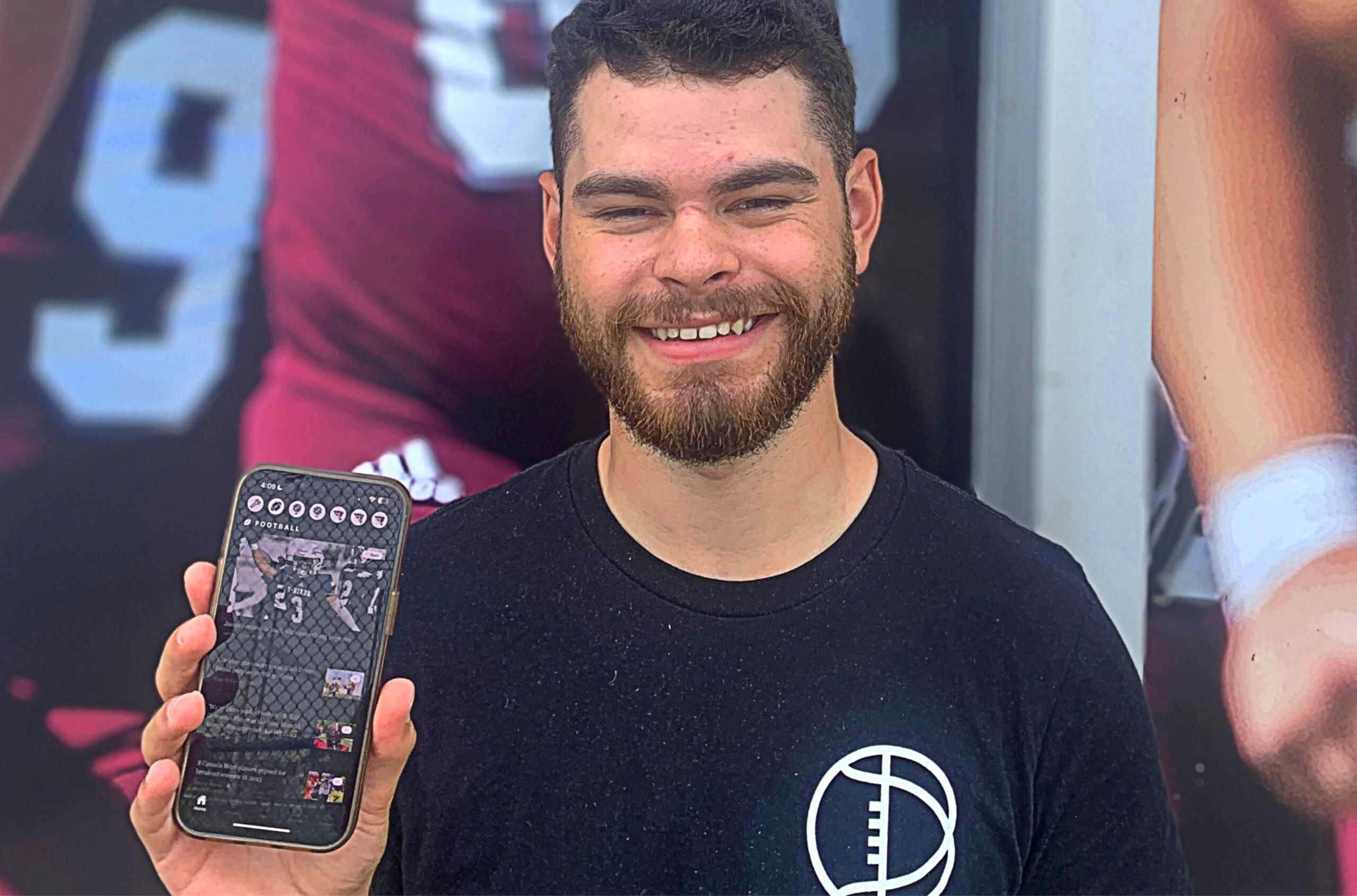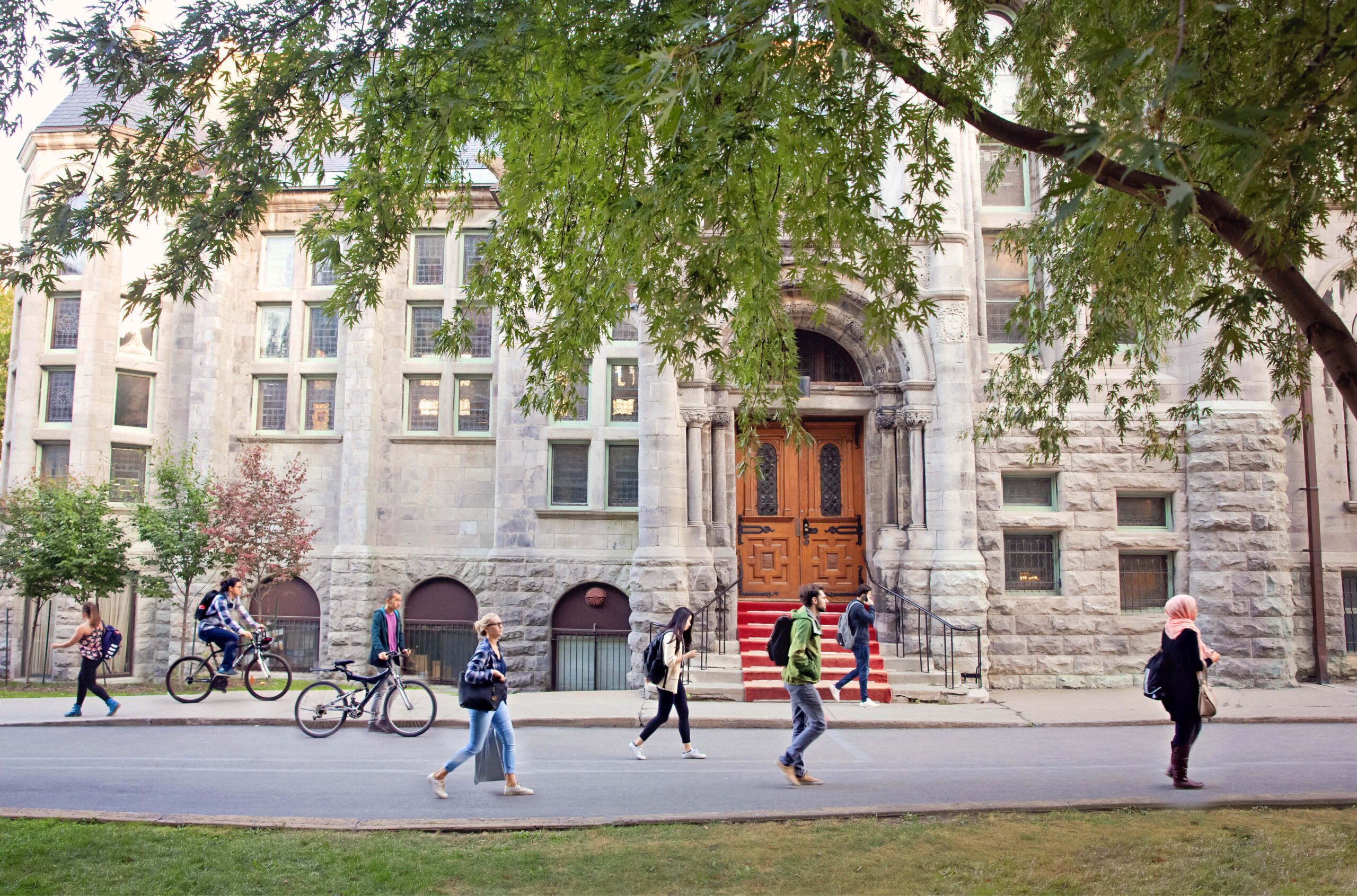Headlines for March 22, 2017

CBC
Federal budget 2017: What Indigenous groups are looking for
First Nations, Inuit and Métis groups seek significant increases in funding for housing, education, health.
CBC
Trump’s travel bans and cuts to science could create a Canadian brain gain
U.S. budget director Mick Mulvaney’s planned cuts to climate change research and to the National Institutes for Health are prompting some scientists to push back.
Cape Breton Post
Postsecondary mental health initiative to be ‘field tested’ at Mount Allison
Efforts are underway to improve mental health capacity across New Brunswick’s post-secondary campuses.
Featured Jobs
- Education - Assistant Professor (Distance Education)University of Toronto
- Canadian Politics - Assistant ProfessorUniversity of Toronto
- Canada Excellence Research Chair in Forest Biodiversity Conservation (Full Professor)University of New Brunswick
- Psychology - Assistant Professor (Clinical Psychology)Queen's University
- Canada Excellence Research Chair in Energy TransitionsUniversité du Québec à Trois-Rivières (UQTR)









Post a comment
University Affairs moderates all comments according to the following guidelines. If approved, comments generally appear within one business day. We may republish particularly insightful remarks in our print edition or elsewhere.